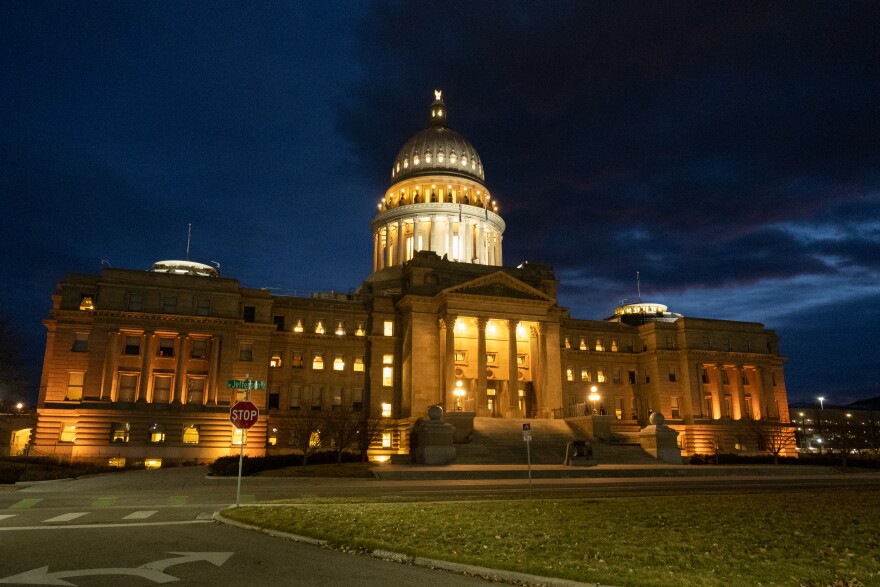Idaho children at any age can be prosecuted for a crime. A new bill would have set the minimum age to prosecute at 10.
But a bipartisan group of legislators on the House Judiciary and Rules Committee Wednesday rejected the measure by a single vote.
Several lawmakers who opposed the bill said they liked the concept. But the proposal didn’t outline what kinds of rehabilitation programs or alternative sentencing a child under 10 who commits a crime would receive.
Rep. Chris Allgood (R-Caldwell), who’s a retired police chief, said he’d support the bill if it required some kind of supervision outside of the criminal justice system.
“There are times where the home life is what resulted in these criminal activities or offenses and to say we’re simply going to return them to that home life without any structure concerns me a great deal,” Allgood said.
One of the sponsors, Rep. Bruce Skaug (R-Nampa) said there would be accountability in Allgood’s hypothetical situation.
“[The Idaho Department of Health and Welfare] would be involved in the terrible home situation,” Skaug said.
Still, some opponents, like Rep. Heather Scott (R-Blanchard), said the bill left open too many potential loopholes.
“There’s young kids in gangs, especially in some of these urban areas and there’s a lot of crimes that they can commit or take the fall for for older people in their families or whatever and there may not be consequences,” Scott said.
The National Juvenile Justice Network, which advocates for setting prosecution limits for children, says 26 states so far have set age minimums in the U.S.
Most set that minimum at 10 years old, according to the group.
Rehabilitation programs in the juvenile justice system might not be effective for younger children, according to state officials.
That’s due to younger children generally not being able to recognize the consequences of their actions, or their lack of ability to participate in group talk therapy in a meaningful way, they said.
A new version of the bill could still be introduced with changes later this session.
Copyright 2024 Boise State Public Radio



